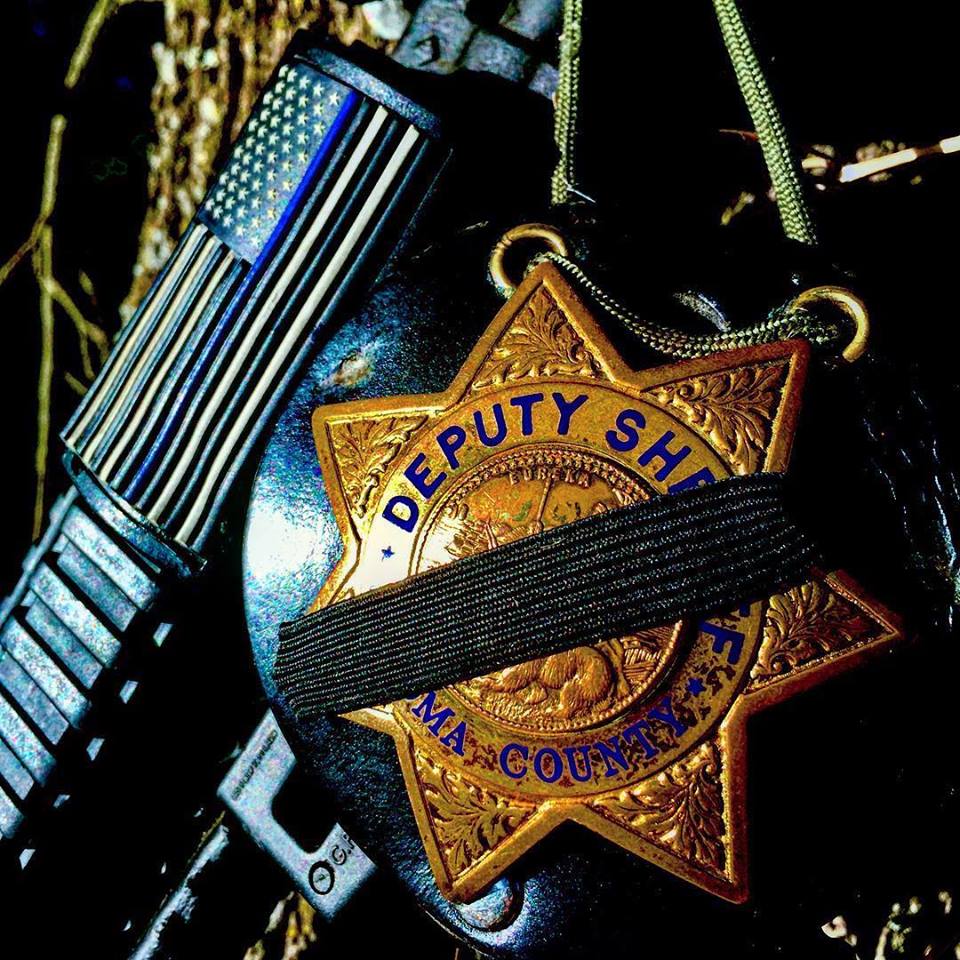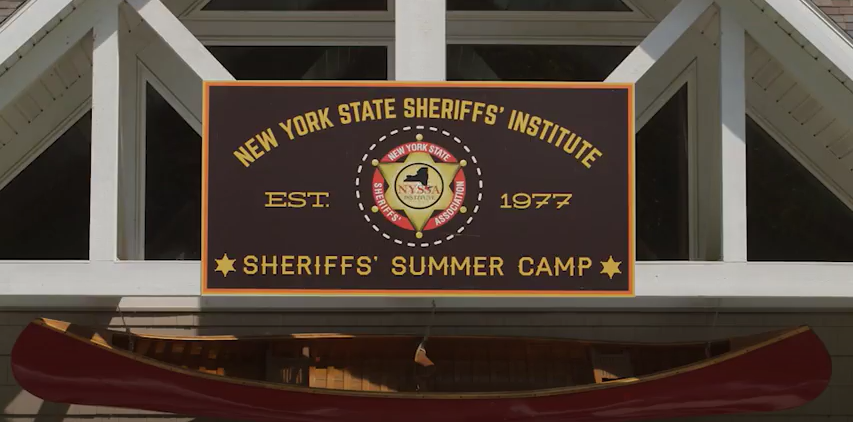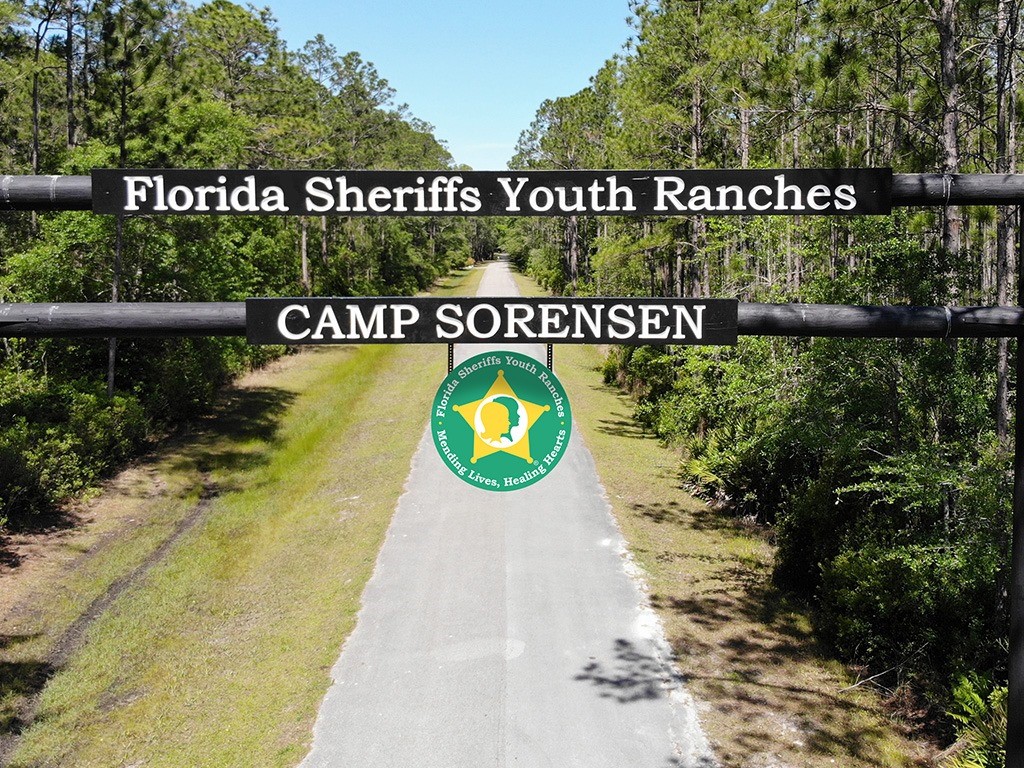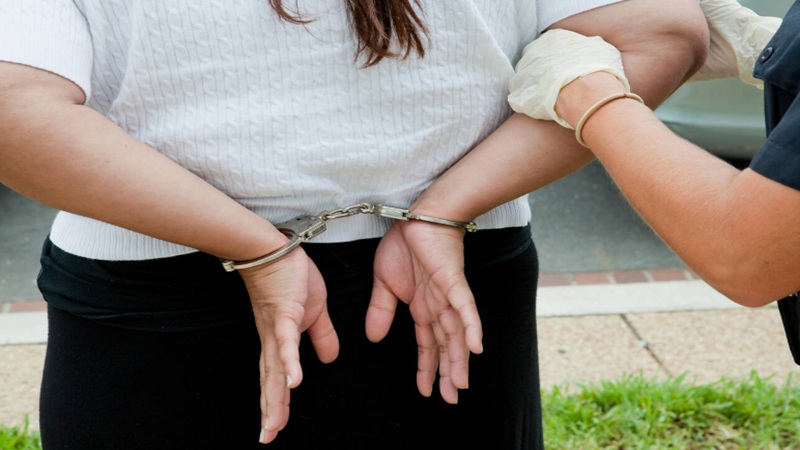
On September 16, 2023, National Thank a Police Officer Day extended gratitude to our nation’s crime-fighting cops who don shields…ushering in Sheriffs’ Week which honored public safety professionals who wear stars and often become one by the life-saving feats they accomplish.
Sheriffs’ Week spans September 17-23 and recognizes the countywide responsibilities of law enforcement officers whose scope entails criminal watchdogging and civil services. An AI pop-up offered this: “Sheriffs’ Week is celebrated annually in the United States to honor the work of sheriffs and their departments in keeping the peace.”
Let’s look at what deputies do regarding the civil aspects of duty…
Sheriffs’ offices are responsible for staffing and securing county court systems, maintaining order in the halls, and ensuring calm in the chambers of judicial proceedings. Ordinarily, senior deputies who have spent many years working the mean streets are selected to work the court complexes.
Non-criminal legal affidavits are processed by the Civil Circuit section of the county’s judiciary embodiment, after which deputies go out and make contact with folks who are named in said documents, officially serving papers to individuals confronting evictions and tax liens, to name a few common ones.
During these civil service duties, a paradox sometimes evolves. Unhappy with the fact that the statutory parameters displace them from what they consider home, people on the receiving end can easily erupt beyond civil behaviors. Deputies have been assaulted. “Don’t kill the messenger”?
Someone denying a deputy serving civil process papers may slam the front door and latch the locks. That escalates matters and fuels volatility.
Speaking of volatility, working the streets for a long time and then being assigned to a less-perilous duty does not necessarily mean that a deputy can rest on their laurels. We’ve all seen some footage of a criminal trial involving convictions of violent humans upending order in the court when the word “Guilty” is uttered by the jury foreman or judge. That can reignite the fuse that landed them in the hot seat to begin with. Civility is tossed to the ground by the tentacles of volatility…
Sometimes, the convicted person reacts badly and goes berserk right at the defense table, elbow-to-elbow with their attorney(s), and erupts like a volcano, spewing obscenities and bubbling over the brim with uber-tempered behaviors, flailing left and right, even attempting to flee the courtroom.
Court-assigned deputies are vigilant for such boil-overs and train, train, train in recognizing precursors (defendant balling his fists and/or exhibiting contempt-of-court nuances) and abatement measures (subduing the feisty and supporters in their camp…while protecting innocents who are employed by the judicial system or spectators in the seats).
The New York State Sheriffs’ Institute always recognizes the varied duties of deputies, especially this week: “Honoring the legacy of NY’s Sheriffs, dating back to 1777. They’ve adapted, evolved, and continue to serve as vital guardians of our community. From law enforcement to public service, they ensure our safety and justice.”

(Photo courtesy of the New York State Sheriffs’ Institute.)
Similar to municipal cops who wear badges shaped like shields, deputies donning stars employ public safety initiatives in kind.
Like city cops in their respective jurisdiction, county sheriff’s offices have responsibilities such as securing schools in unincorporated (not chartered by/in a sovereign city) regions and serving as school resource deputies (SRDs and SROs perform the same duties) in academic settings.
That seamlessly segues to the many Sheriffs’ Camps throughout the nation, where deputies and volunteers host youngsters at lodge-like environs and roll out tons of fun, scout-like education, and good old-fashioned mentorship.

(Photo courtesy of the New York State Sheriffs’ Institute.)
In Florida, there is a concept called the Sheriff’s Youth Ranches. The name describes the gracious hosts who wear stars on their chests, the demographic, and the setting. At the camp, deputies selflessly guide youthful beings.

(Photo courtesy of the Florida Sheriffs Youth Ranches.)
I visited a sheriff’s camp once and was captivated by the fields of green and rolling hills upon which kids get to saddle up on a beautiful horse, each guided by a deputy otherwise ordinarily assigned to the agency’s Mounted Unit. The kids receive equine instruction from law enforcement experts.
Young attendees at sheriff’s camps invariably do not want to leave. Some offer heartrending reasons having to do with gobs of fun offered by LEOs upon beautiful, natural grounds. Others cite having little to nothing back home. Here is Niagara County Sheriff James Voutour colorizing these points…
As Sheriff Voutour highlighted, these camps are vital to our youth, especially those who may need direction and seek interaction with community role models…such as deputies who instill “good character” traits.
Conversely, teens with criminal minds, armed and loaded for bear, packing guns and hollow-point bullets, breaking into cars at ungodly hours, spotted by a patrol deputy, fleeing on foot then hiding on private property, kicking a police K9 in the face when their hiding spot is discovered…is all a recipe for life-threatening duty for deputies.
We can gaze at the stars in the night sky, in awe. We can wholeheartedly respect the stars worn by deputies representing the covenant of public safety and peaceful preservation, in awe of their unfailing community service and willingness to forge forward when evil shows its face.






